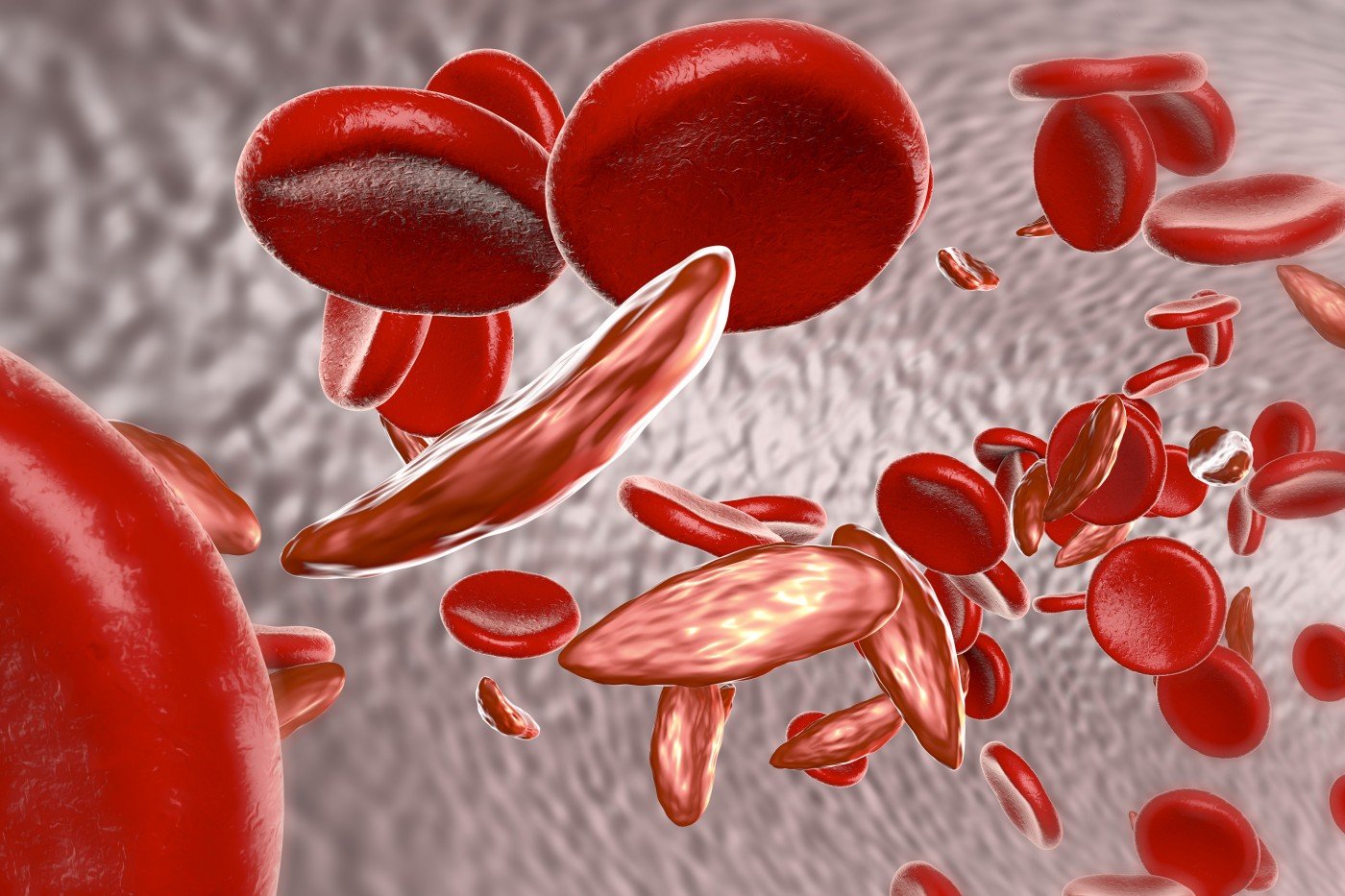Emmaus-sponsored ASCAT Conference Outlines Latest Sickle Cell Advances

shutterstock
Healthcare professionals, scientists and field experts learned about the latest advances in the diagnosis and treatment of sickle cell and related disorders at the 12th Annual Sickle Cell Disease and Thalassaemia (ASCAT) conference.
Biopharmaceutical company Emmaus Life Sciences sponsored the Oct. 22-24 conference in London. Its theme was “Sickle Cell Disease and Thalassaemia: Bridging the Gap in Care and Research.”
Participants had the chance to network with practitioners and learn about the latest clinical and translational research, including that on the mechanisms of chronic complications and organ damage.
Topics also included patterns in sickle cell patients’ use of the healthcare system and ways to establish more cost-effective practices to improve and extend patients’ lives. Attendees also got updates on genetic research and gene therapy, and improvements in safety and access to bone marrow transplants.
Emmaus’ treatment for sickle cell disease, Endari, was approved by the U.S. Food and Drug Administration (FDA) in July 2017. It is the first new drug for sickle cell patients in nearly two decades. The company has made efforts to widen Endari’s availability to patients. The medicine will also be covered by Medicaid, the company announced in the beginning of 2018.
At the conference, Emmaus showcased results of a Phase 3 trial that showed Endari led to fewer pain crises and hospitalizations when compared with placebos. The study indicated that patients who used Endari alone as well as with hydroxyurea saw improvements.
A University of Illinois research team, which had analyzed Phase 3 data, backed Emmaus’ findings. Previously, some doubt had been cast on the study by what some saw as a lack of compliance among patients on hydroxyurea therapy.
“We are pleased that the Illinois group was able to add further support to the findings of our Phase 3 trial,” Yutaka Niihara, Emmaus’ chief executive officer and the one who discovered the disease-modifying treatment, said in a news release.
Emmaus is engaged in the discovery, development and commercialization of treatments primarily for rare and orphan diseases. It is focusing on product development in the treatment of sickle cell disease.






